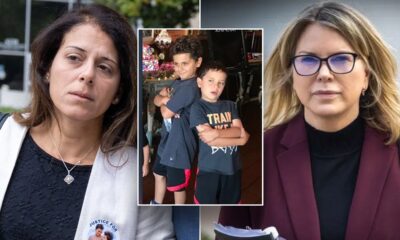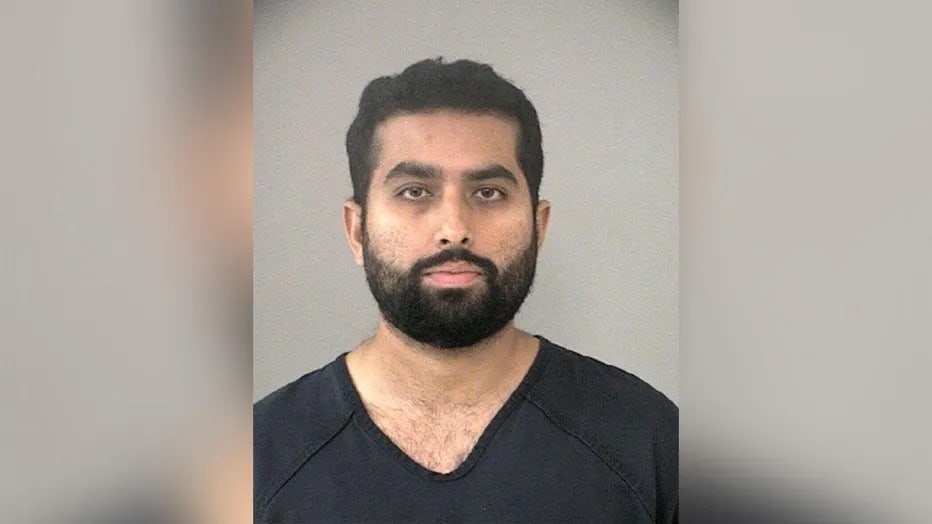Health
It’s Never Too Late to Become a Nurse

“It’s Never Too Late” is a series that tells the stories of people who decide to pursue their dreams on their own terms.
Joanna Patchett has always had a fear of death, and the dying.
“I was terrified of being responsible for people’s lives, and was frightened of the space between life and death,” she said.
And yet in July 2020, as coronavirus cases filled up hospitals, Ms. Patchett, who was fresh out of nursing school, found herself caring for extremely ill Covid patients in the intensive care unit at Binghamton General Hospital in upstate New York.
“Seeing how sick everyone was — was heartbreaking. It was a life-changing and extremely difficult experience,” said Ms. Patchett, a 39-year-old Binghamton resident. “I didn’t expect to see so many people dying in quick succession, or to be on a floor full of ventilated patients, or intubating people so frequently, or being their primary person to have contact with them when the rest of the world could not.”
Ms. Patchett had dreamed of becoming an actress, but didn’t have much luck at the profession. In 2019, when she was 35, she went back to school, having been accepted into a one-year accelerated nursing program. Most of her classmates came to nursing straight out of college, and many fondly called her Mom. As the pandemic worsened, she was deeply moved by “how people would open up and be so vulnerable with us.”
“You could see the humanity, how worthy everyone is of life, and how hard the body fights to live,” she said.
Ms. Patchett never imagined her life would turn out this way. After getting a bachelor’s degree in English and drama from Ithaca College, she spent a decade feeling “lost and depressed,” bouncing from one job to another — teaching English and yoga, working in a dental office. She felt behind in life because she didn’t know what she wanted to do. “I knew I had something to give, but didn’t know what that was,” she said.
“I was jealous of people who challenged themselves,” Ms. Patchett said. “I never had. If I was going to grow and find myself, I needed to try something scary. I had to take a risk and challenge myself.”
It was her mother who cajoled her into nursing, sensing she’d be good in the field, even though Ms. Patchett disagreed. “I didn’t think I was equipped for that experience, or that I could handle it spiritually and emotionally.”
But over the past several years, that’s exactly where she found herself, despite the 12-hour shifts, the daily emergencies and the often harrowing emotional work. For Ms. Patchett, who lives alone, it was especially difficult to return to an empty apartment. Though her family lived only five miles away, she couldn’t see her relatives often because of the high risk of contracting the coronavirus, and there was nothing alive and vibrant to come home to. Many nights she returned from work and cried. As the intense stress of being an I.C.U. nurse took a mental toll on her, she adopted a cat, Tanky. “I wanted something to love,” she said. “Tanky really helped me through Covid. He is 15 pounds of furball love and emotional healing.”
“To lose patients I’d become close to and have them die in such a devastating way made me question everything,” she said. “But I began to see this work as my duty. It was a war. I wasn’t going to let them die alone.”
The following interview has been edited and condensed.
Since, on your first nursing job, you unexpectedly found yourself assigned to the I.C.U. floor and caring for Covid patients, did you ever regret your decision to become a nurse?
No. I never regretted this work or being here, even though it was terrifying. If anything, I found my calling. I wasn’t afraid to be the person watching someone die, or being with them when they were. I was good at being present as they passed, and I could work under a tremendous amount of stress.
How did you find the strength to face your fears?
I didn’t have a choice. You can’t run away from this kind of work. I found my ability to be challenged and then I found the strength to stay. I didn’t have the luxury of leaving sick people, nor did I want to. Someone had to be there. I knew it had to be me.
Once you were accepted into a nursing program, you realized you were one of the oldest people attending. What was that like?
I felt out of place. Most everyone was 20, 25-year-olds, pursuing nursing shortly after getting their first degree. They were bubbly. I didn’t feel part of that excited buzz. But Gen Z is a welcoming group. They didn’t have the judgment that was inside of me. Once we broke into clinical groups, we became very tight and depended on each other. We shared a lot of intense moments that gave me strength because we supported one another.
How did it feel to have the younger students call you Mom?
It was endearing. I watched out for them and made sure everybody was OK. I would bring food in case somebody hadn’t eaten. I became the person they turned to if they were going through a hard moment. I had experience from being older, something no one else had. And they made me feel I mattered; that made me feel special. I learned from them, too.
What has being a nurse taught you?
I’ve never had a job that was so meaningful or made me feel I was serving a purpose. Facing death helped me realize you can’t give up. Through nursing, I’ve learned life is going to be incredibly hard, and it’s going to hurt, but you have to make the choice to keep fighting — that’s part of living. I learned I matter, and I matter to people who are dying and who want me by their side as they are doing it.
After 18 months of fighting to save Covid patients, you decided to switch to palliative care. Why?
I burned out. I realized I had to move to another part of nursing. On the I.C.U. floor, I’d received a tutelage in death. I wanted to help people control their death, rather than watch people die flailing and gasping. When we seemed out of the woods for Covid, I started helping the elderly and those with terminal illnesses decide how they wanted to die. I’m now a hospice nurse case manager at Lourdes Hospice, an outpatient home end-of-life care provider, in Vestal, N.Y., where I interact with 20 to 30 families a week. And I’m part of deeper discussions that deal with the dignity of dying.
What have you learned about yourself as you’ve learned to care for others?
I have a voice that carries wisdom. I have a special ability to listen and to see people while being present with them in those very hard moments.
What’s the best piece of advice you can offer?
When it comes to changing your life, you sometimes have to decide to change. Once you do, almost anything is possible. Everything you do contributes to who you are now. Ironically, my yoga, acting and teaching training gave me the ability to stay grounded, present and in the moment. Not one part of your journey, even if you’re not sure what you’re doing, or where it’s going to lead you, is ever wasted. You’re never late; you’ve simply not arrived yet.

Health
Paleo and Atkins Diets: Low-Carb for Different Reasons | Woman's World

Sign Up
Create a free account to access exclusive content, play games, solve puzzles, test your pop-culture knowledge and receive special offers.
Already have an account? Login
Forgot your password?
Get back to the Sign In
Use left and right arrow keys to navigate between menu items.
Use escape to exit the menu.
Health
7 important health stories this week you simply can't miss
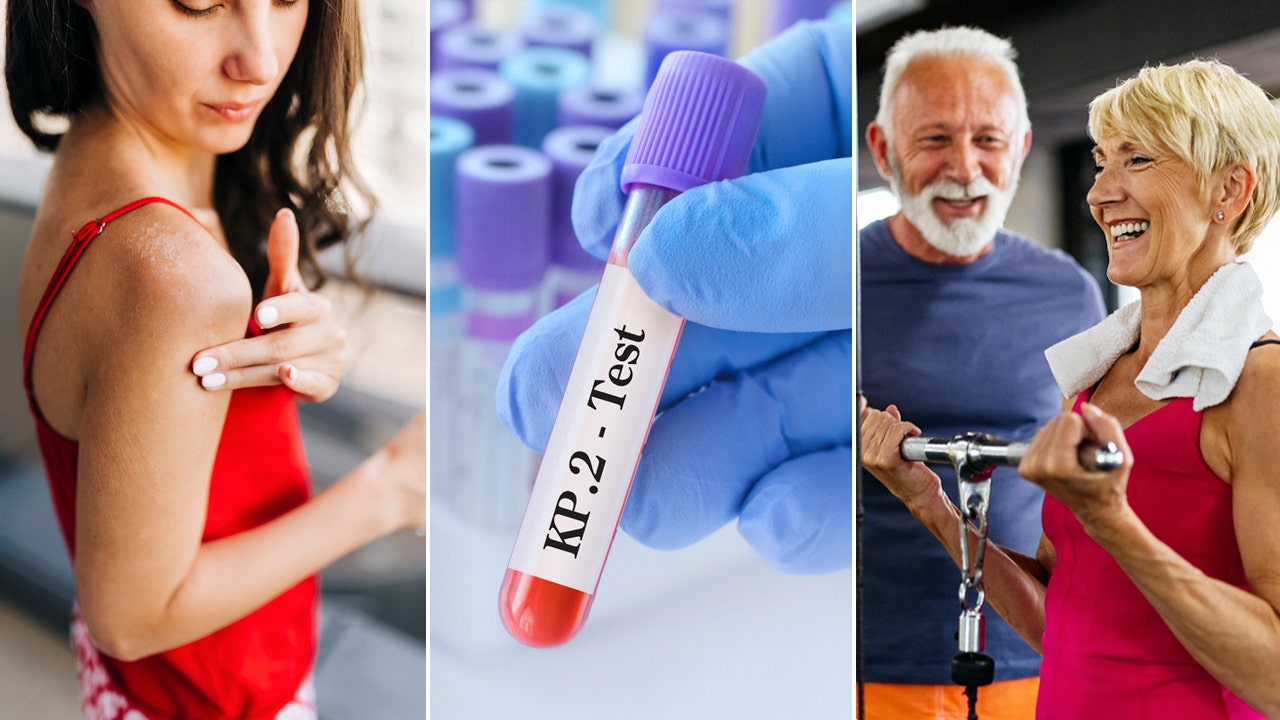
Every day of the week, Fox News Digital publishes a range of health and wellness pieces to keep you up-to-date on medical research, new medications, mental health trends, success stories and more.
In case you missed them, here are a few of the biggest health stories from the past week.
As always, you can see a full list of recent health pieces at http://www.foxnews/health.
CLICK HERE TO SIGN UP FOR OUR HEALTH NEWSLETTER
1. FDA tells COVID vaccine makers to update their fall shots
The U.S. Food and Drug Administration recommended that COVID vaccine manufacturers update their formulas for fall doses, in an attempt to target the KP.2 strain of the JN.1 variant.
Dr. Marc Siegel shared insights on the risks as this variant grows more prominent. Click here to get the story.
“It makes sense to target the KP.2 strain because it is becoming the predominant strain — it is surging in California and will spread across the country,” Siegel told Fox News Digital. (iStock)
2. Expert offers 7 tips to soothe sunburned skin
If not treated properly, sunburn can lead to severe skin damage and increase the risk of skin cancer, experts warn.
Angela Rosoff, a San Francisco-based wellness and beauty expert, shared some proven remedies to treat sun-damaged skin. Click here to get the story.
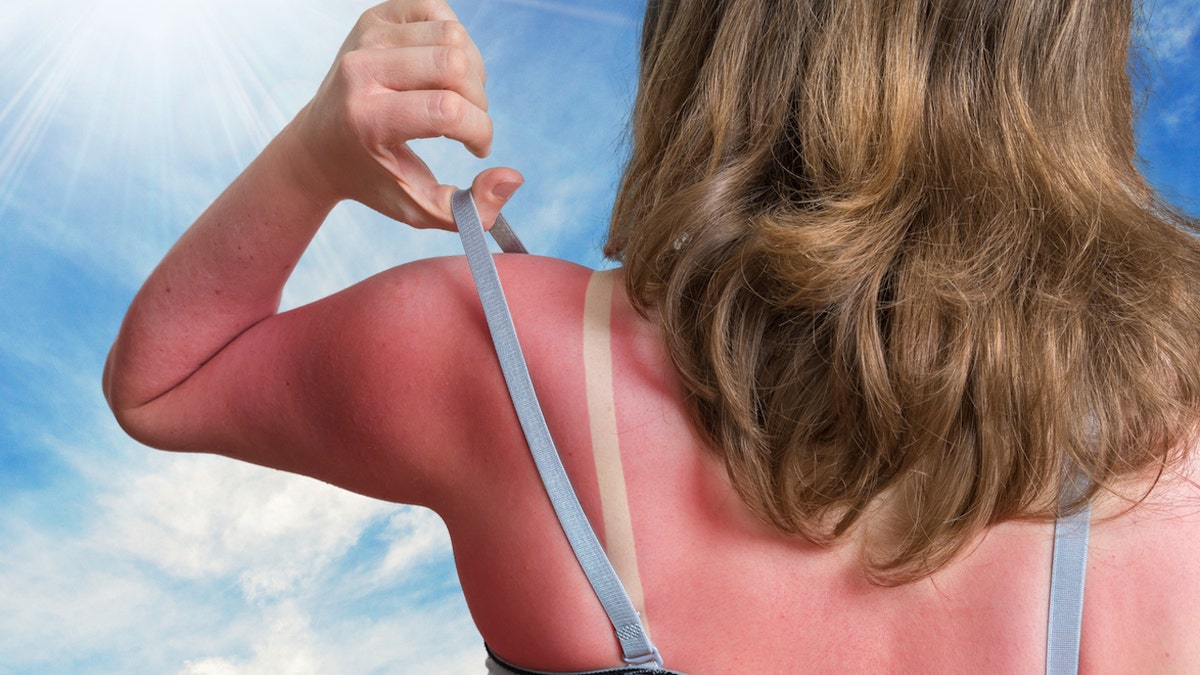
More than one out of every three adults experienced a sunburn last year, according to a survey by the American Academy of Dermatology. (iStock)
3. Tiger mosquitoes blamed for spread of dengue fever
As dengue fever continues to spread throughout Europe, experts are naming an invasive mosquito species as the culprit.
CANCER NEARLY TOOK HIS LEG, BUT NEW JERSEY FATHER OF 6 WALKS AGAIN: ‘I SHOULDN’T BE HERE’
Infectious diseases experts weighed in on the level of risk and share prevention tips. Click here to get the story.
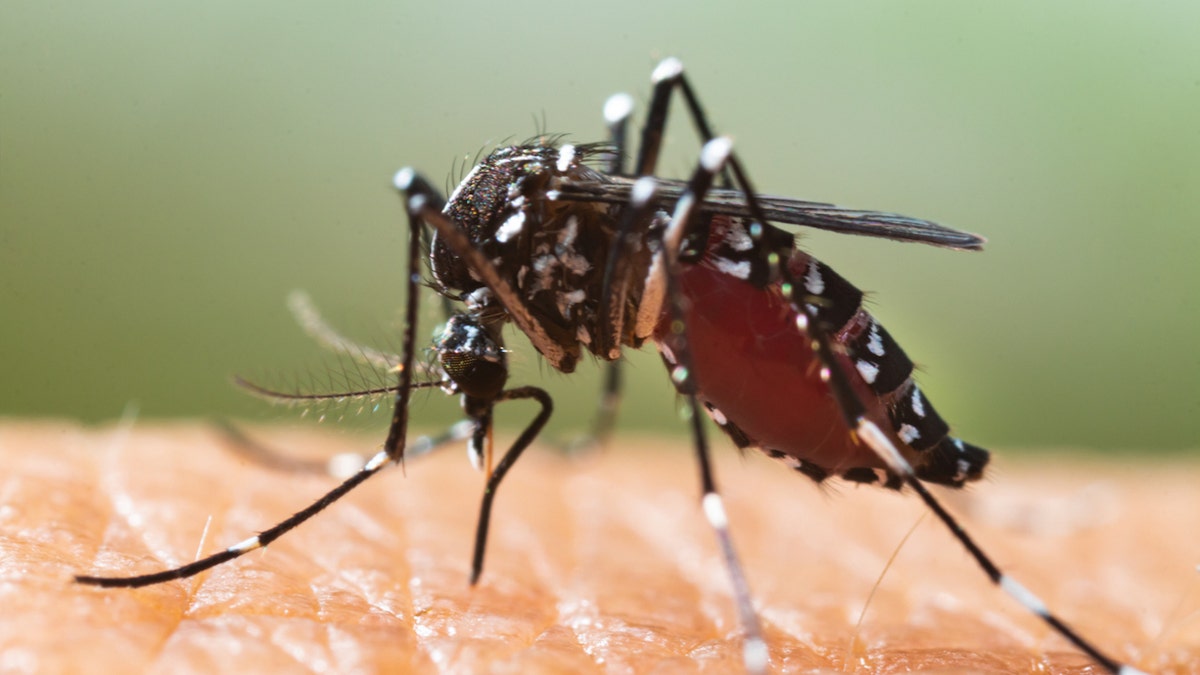
Tiger mosquitoes — the species Aedes albopictus — have spread into 13 EU countries, according to an alert from the European Centre for Disease Prevention and Control. (iStock)
4. Certain exercises could reverse Alzheimer’s, expert says
In her new book, “Reversing Alzheimer’s,” Dr. Heather Sandison, a renowned expert in dementia care, offered specific recommendations for the types of exercise that can benefit patients living with the disease.
“Exercise benefits several of the root causes of neurological disease,” she wrote. Click here to get the story.
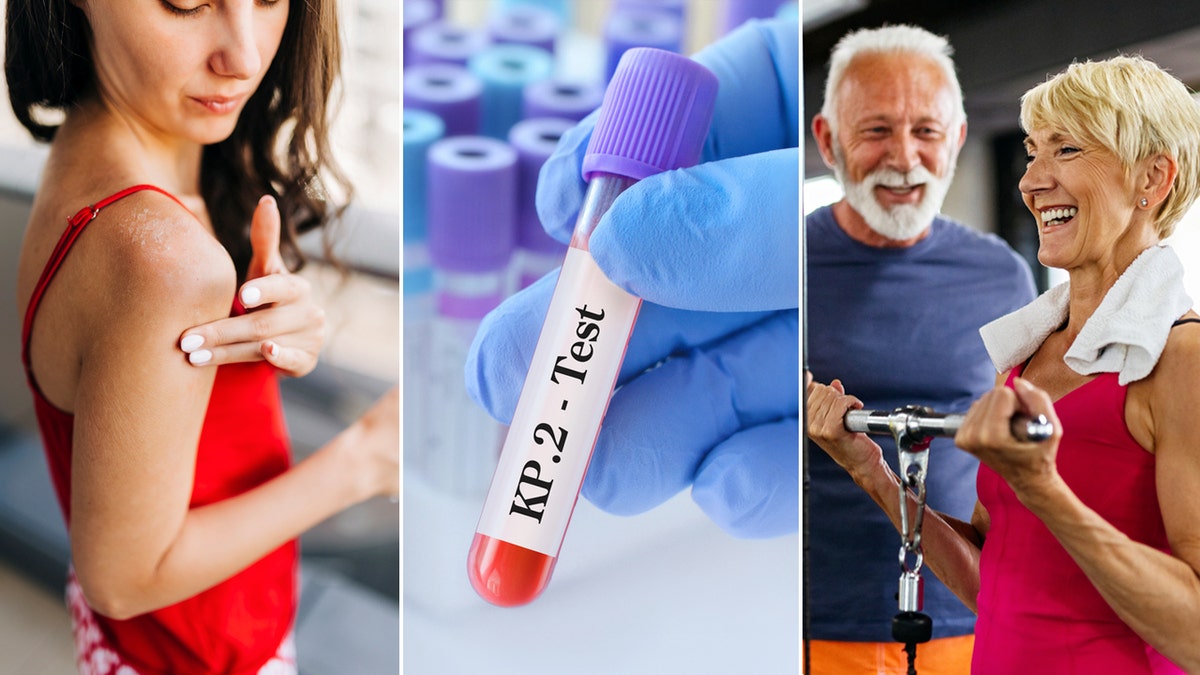
Sunburn remedies, new COVID vaccines, anti-Alzheimer’s exercises and more important stories are covered here. (iStock)
5. Experts bust sunscreen myths
Some claims on social media about sun safety have led to a major misconception that sunscreen could cause skin cancer.
Dermatologists debunk these potentially dangerous myths. Click here to get the story.

Thirty-two percent of Americans believe that a tan makes people look better and healthier, according to the Orlando Health Cancer Institute study. (iStock)
6. New Alzheimer’s drug gets thumbs-up from FDA advisory committee
Donanemab, designed to treat mild cognitive impairment and other symptoms of early Alzheimer’s disease, was endorsed by a U.S. Food and Drug Administration advisory panel.
Here’s what that could mean for patients. Click here to get the story.
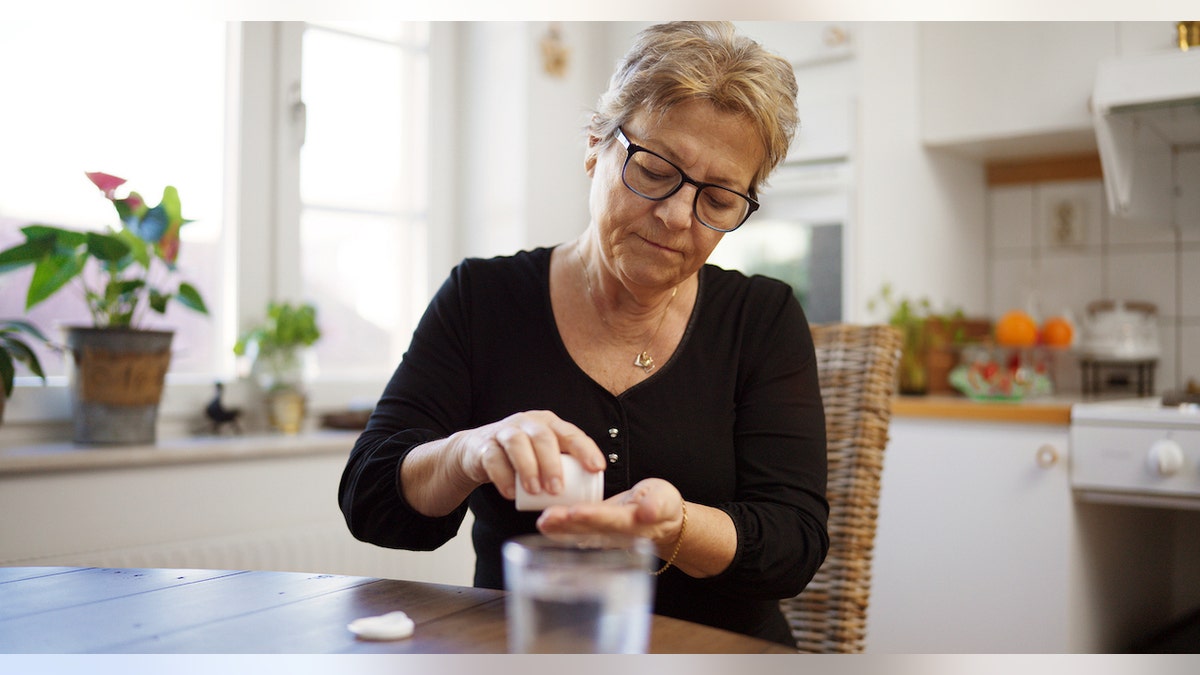
Eli Lilly officials presented clinical trial results showing that the drug, donanemab, slowed cognitive and functional decline for people with mild cognitive impairment due to early stages of Alzheimer’s. (iStock)
7. FDA panel rejects MDMA-assisted therapies for PTSD
Many veterans’ hopes were dashed when an FDA advisory committee voted against the overall benefits of MDMA when used to treat PTSD.
Advocates and doctors discussed what this means for the future of psychedelic treatments. Click here to get the story.
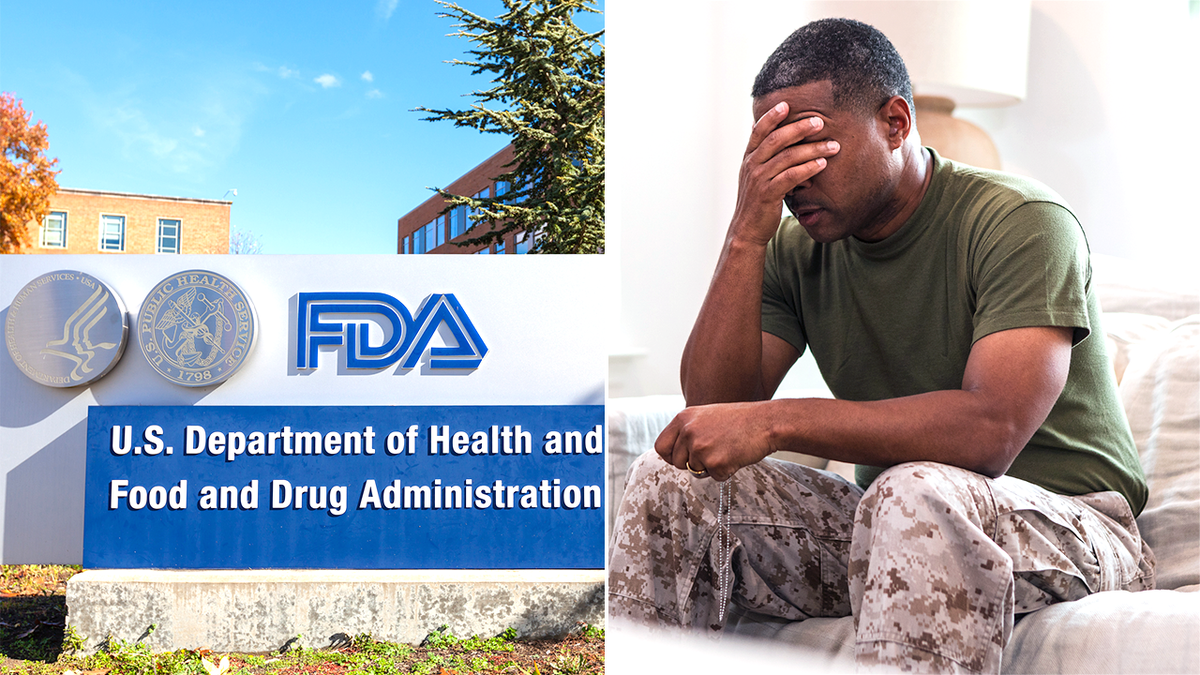
“When I heard the verdict, all I could think about was the hopes of those veterans being dashed … and not having a solution for them,” one advocate said. (iStock)
Health
Better Than Ozempic? Doctors Say These Medications Are Better for Weight Loss Than the Popular Semaglutide

Sign Up
Create a free account to access exclusive content, play games, solve puzzles, test your pop-culture knowledge and receive special offers.
Already have an account? Login
Forgot your password?
Get back to the Sign In
Use left and right arrow keys to navigate between menu items.
Use escape to exit the menu.
-

 News1 week ago
News1 week agoIsrael used a U.S.-made bomb in a deadly U.N. school strike in Gaza
-

 World1 week ago
World1 week agoRussia-Ukraine war: List of key events, day 833
-
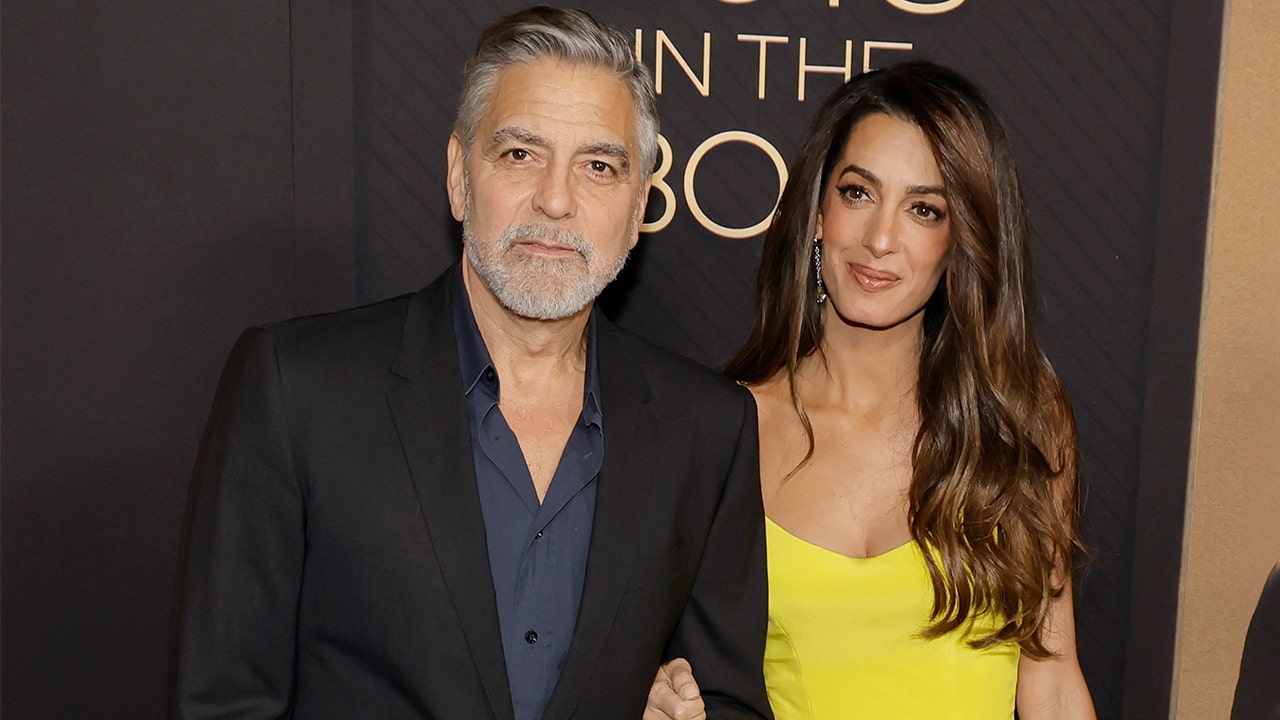
 Politics1 week ago
Politics1 week agoGeorge Clooney called White House to complain about Biden’s criticism of ICC and defend wife’s work: report
-

 Politics1 week ago
Politics1 week agoNewson, Dem leaders try to negotiate Prop 47 reform off California ballots, as GOP wants to let voters decide
-

 World1 week ago
World1 week ago‘Bloody policies’: Bodies of 11 refugees and migrants recovered off Libya
-

 Politics1 week ago
Politics1 week agoEmbattled Biden border order loaded with loopholes 'to drive a truck through': critics
-

 World1 week ago
World1 week agoDozens killed near Sudan’s capital as UN warns of soaring displacement
-

 Politics1 week ago
Politics1 week agoGun group vows to 'defend' Trump's concealed carry license after conviction


